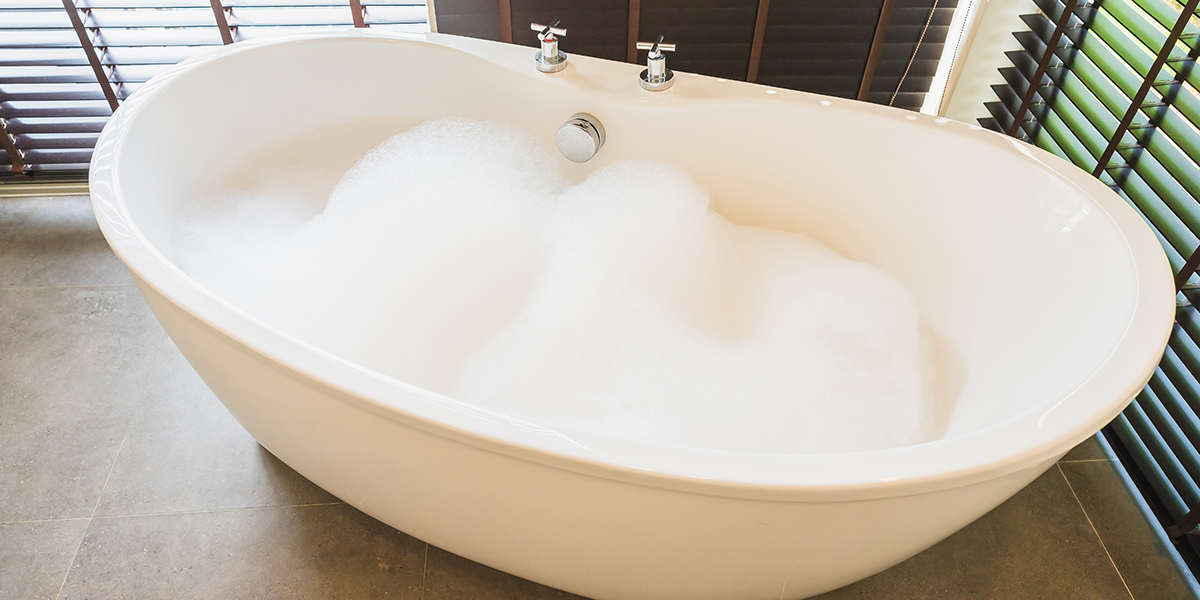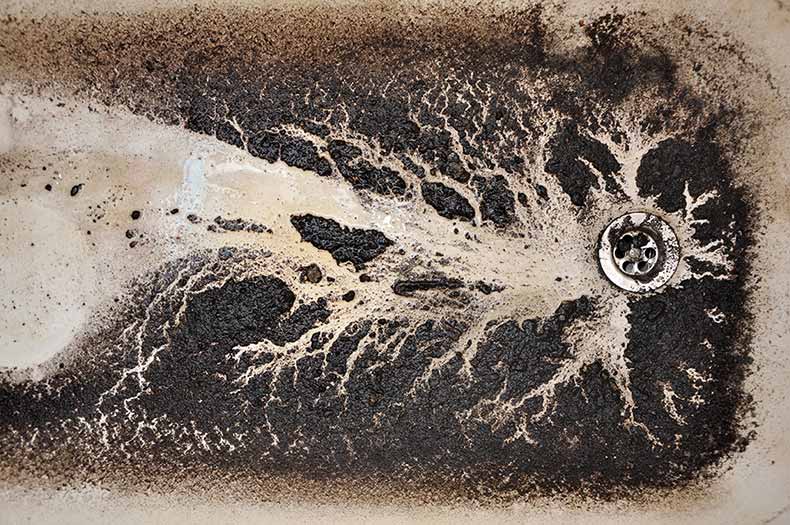Understanding the Phenomenon of Waste Rising Through the Bathtub
Understanding the Phenomenon of Waste Rising Through the Bathtub
Blog Article
What're your beliefs on Water Coming up Bathtub Drain?

Sewage backup in the bathtub can be a traumatic and unhygienic trouble for any type of home owner. Not only is it bothersome, but it also postures serious health risks and suggests underlying problems with the plumbing system. Recognizing why sewer is turning up via the tub is important for taking ideal activity to resolve the trouble successfully.
Intro to the Problem
Understanding the Problem
When sewer draws back up right into the bath tub, it's a clear sign of a trouble with the drain system. The wastewater that needs to be flowing away from your home is instead finding its way back right into your home, which can lead to substantial damages and carcinogen.
Prospective Reasons
Numerous elements can add to sewer back-up in the bathtub. From clogs in the sewer line to concerns with the plumbing facilities, determining the origin is important for discovering a service.
Common Reasons for Sewage Backup
Clogs in the Sewer Line
Among the most usual causes of sewage backup is an obstruction in the drain line. This can take place because of the accumulation of particles, oil, or international items in the pipes, avoiding proper circulation and triggering sewer to back up right into your tub.
Tree Origin Invasion
Tree roots looking for dampness and nutrients can penetrate sewer lines via small splits or joints. In time, these roots can expand and expand, triggering substantial damage to the pipes and leading to sewer backup problems.
Aging Framework
Older homes might have outdated plumbing systems that are a lot more susceptible to deterioration, cracks, and damage. As pipes age, they become a lot more vulnerable to leakages and blockages, raising the likelihood of sewage backup cases.
Heavy Rainfall or Flooding
During periods of heavy rainfall or flooding, the drain system might end up being overloaded with excess water, causing backups and overflows. This can result in sewage backing up right into tubs and various other components inside the home.
Wellness Risks Connected With Sewage Back-up
Contamination of Water
Sewage back-up can infect the supply of water in your house, positioning a severe health threat to you and your family. Exposure to polluted water can result in gastrointestinal concerns, skin infections, and various other ailments.
Spread of Disease
Sewer has unsafe bacteria, viruses, and bloodsuckers that can cause a variety of conditions, including hepatitis, cholera, and gastroenteritis. Entering into contact with sewage or contaminated surface areas puts you in danger of infection.
Mold Development
Moisture from sewage backup can develop perfect problems for mold and mildew growth in your house. Mold spores can exacerbate respiratory system troubles and cause allergies in delicate individuals, making timely cleaning crucial.
Indications of Sewage Back-up
Foul Odors
Unpleasant odors emanating from drains pipes or fixtures, specifically in the washroom, might suggest sewage back-up issues. These smells are commonly strong and relentless, signaling a trouble that requires instant interest.
Slow Draining Fixtures
Bathtubs, sinks, and bathrooms that drain pipes slowly or not in all could be experiencing sewage back-up. If multiple fixtures are impacted all at once, it's likely that the concern originates from a typical point, such as the main sewer line.
Gurgling Noises
Unusual gurgling or bubbling sounds originating from drains pipes when water is running in other places in your house are a sign of air caught in the plumbing system. This air build-up can result from sewage back-up and need to be examined immediately.
Immediate Actions to Take
Turning Off Water System
In the event of sewer back-up, it's necessary to turn off the water system to prevent more contamination and damages. Locate the primary water shutoff valve in your house and shut it off up until the problem can be fixed.
Contacting a Specialist Plumber
Taking care of sewage backup is not a DIY job. Get in touch with a certified plumber with experience in managing sewage-related problems to examine the situation and carry out needed repair work or cleanups.
Avoiding Contact with Polluted Water
Up until the sewage back-up is dealt with, stay clear of contact with contaminated water to avoid the spread of bacteria and virus. Use protective equipment if you must remain in the damaged location and clean your hands completely later.
Safety nets
Routine Maintenance of Sewer Lines
Arrange regular assessments and upkeep of your sewer lines to identify and address possible problems prior to they intensify into significant issues. This can consist of cleaning particles, examining for tree origin intrusion, and fixing any broken pipelines.
Mounting Bayou Shutoffs
Consider setting up backwater shutoffs in your plumbing system to avoid sewage from receding right into your home during periods of heavy rainfall or flooding. These valves instantly close when water starts backing up, safeguarding your residential property from contamination.
Proper Disposal of Family Waste
Avoid purging anything apart from bathroom tissue and human waste down the commode to prevent obstructions and blockages in the drain line. Dispose of grease, oil, and other household chemicals effectively to reduce the danger of plumbing problems.
Cleaning Up After Sewer Back-up
Disinfection Procedures
Extensively decontaminate and sanitize impacted locations after sewer backup to remove damaging microorganisms and protect against mold and mildew development. Use suitable cleaning products and protective equipment to make certain safe and efficient clean-up.
Reconstruction of Affected Areas
Repair any kind of damage to floor covering, wall surfaces, or fixtures brought on by sewer back-up. Relying on the extent of the damage, you may require to change carpeting, drywall, or other products to restore your home to its pre-loss problem.
Why Is Water Backing Up in My Bathtub When I Flush My Toilet?
What to do about a sewer line clog
First, don’t bother with plunging. No amount of plunging will dislodge the clog in a sewer line. The clog is too far away. Plungers are for clogs in the toilet itself, not the sewer line. Plus, the most likely causes of a sewer clog are:
Tree roots Flushed toys or feminine products Grease buildup Those items don’t move easily. And in the case of tree roots, the roots need to be cut out of the pipe and the pipe will need to be repaired.
You’ll need a closet auger. A closet auger is a type of plumber’s snake with a protective cover to keep from scratching the delicate porcelain toilet. If the clog is further down, you may need to remove the toilet or use one of your cleanouts to get to the clog.
We also recommend doing a video inspection of the drain to ensure that the cause of the clog has been completely removed. Otherwise, you could have the same problem again in a few days or weeks.
https://mspplumbingheatingair.com/blog/why-is-water-backing-up-in-my-bathtub-when-i-flush-my-toilet

I came across that blog posting on What to Do if Sewage Starts Coming Up Through Your Bathtub when browsing the web. In case you appreciated our article if you please remember to pass it around. We value your readership.
Source This Article
Report this page